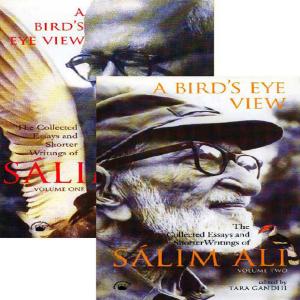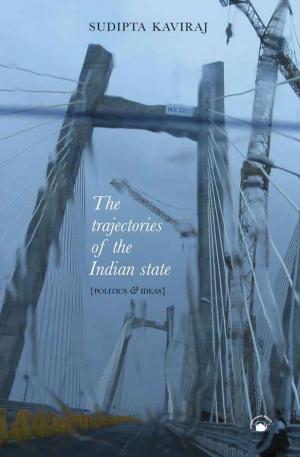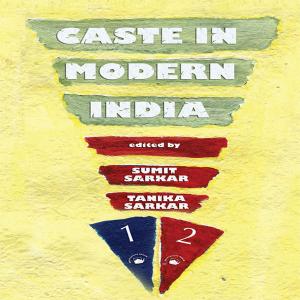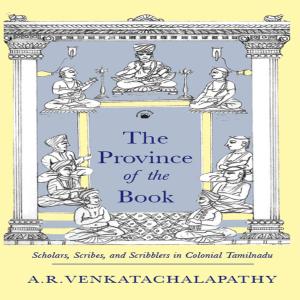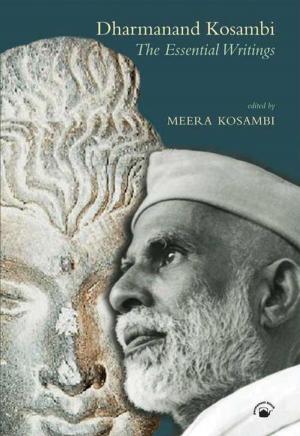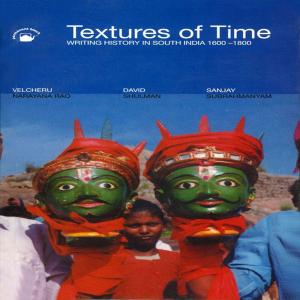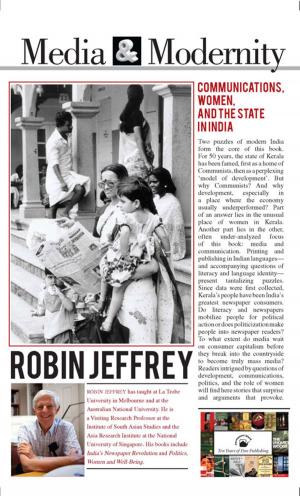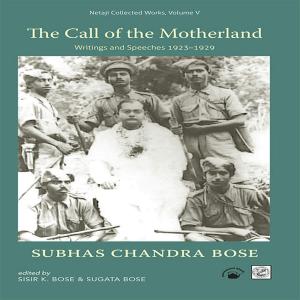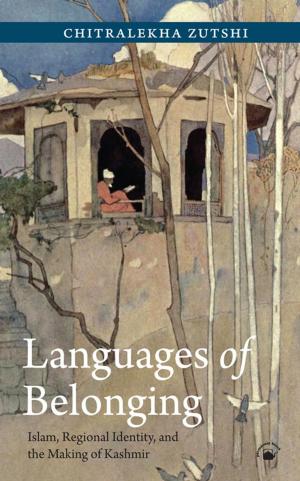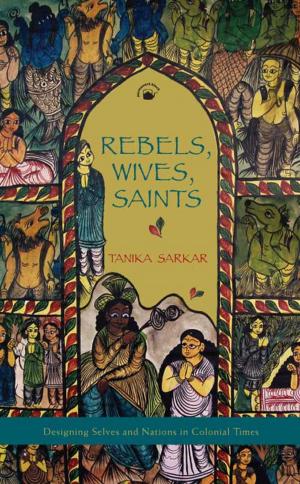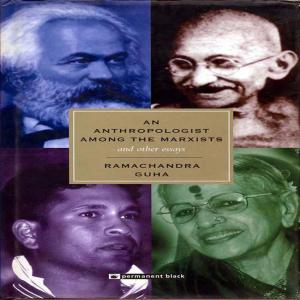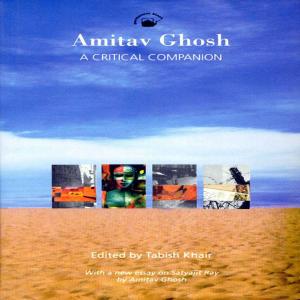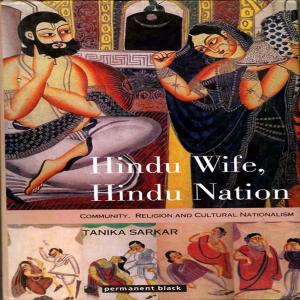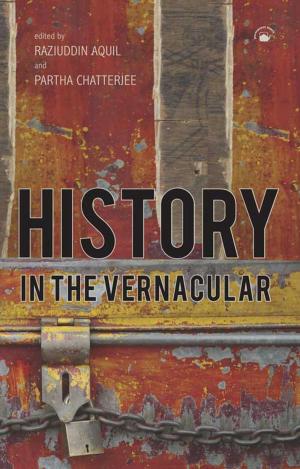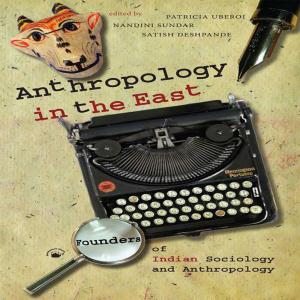Print and Pleasure
Popular Literature and Entertaining Fictions in Colonial North India
Nonfiction, Reference & Language, Language Arts, Writing & Publishing, Publishing| Author: | Francesca Orsini | ISBN: | 9788178245072 |
| Publisher: | Permanent Black | Publication: | December 15, 2009 |
| Imprint: | Language: | English |
| Author: | Francesca Orsini |
| ISBN: | 9788178245072 |
| Publisher: | Permanent Black |
| Publication: | December 15, 2009 |
| Imprint: | |
| Language: | English |
Print and Pleasure tells the story behind the boom in commercial publishing in nineteenth-century North India.How did the new technology of printing and the enterprise of Indian publishers make the book a familiar object and a necessary part of people’s leisure in a largely illiterate society? What genres became popular in print? Who read them and how were they read?Our perception of North Indian culture in this period has been dominated by the notion of a competition between Hindi and Urdu, and the growth of language nationalism. Print and Pleasure argues that many other forces were also at work which, in the pursuit of commercial interests, spread quite different and much more hybrid tastes.The importance of this major new book lies in showing, moreover, that book history can greatly enrich our understanding of literary and cultural history. Francesca Orsini mines a huge and largely untapped archive in order to reveal that popular songbooks, theatre transcripts, meanderingly seralized narratives, flimsily published tales, and forgotten poems are as much a part of colonial history as the elite novels and highbrow journals that are more frequently the subject of historical studies.
Print and Pleasure tells the story behind the boom in commercial publishing in nineteenth-century North India.How did the new technology of printing and the enterprise of Indian publishers make the book a familiar object and a necessary part of people’s leisure in a largely illiterate society? What genres became popular in print? Who read them and how were they read?Our perception of North Indian culture in this period has been dominated by the notion of a competition between Hindi and Urdu, and the growth of language nationalism. Print and Pleasure argues that many other forces were also at work which, in the pursuit of commercial interests, spread quite different and much more hybrid tastes.The importance of this major new book lies in showing, moreover, that book history can greatly enrich our understanding of literary and cultural history. Francesca Orsini mines a huge and largely untapped archive in order to reveal that popular songbooks, theatre transcripts, meanderingly seralized narratives, flimsily published tales, and forgotten poems are as much a part of colonial history as the elite novels and highbrow journals that are more frequently the subject of historical studies.

